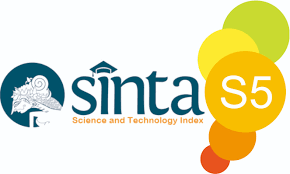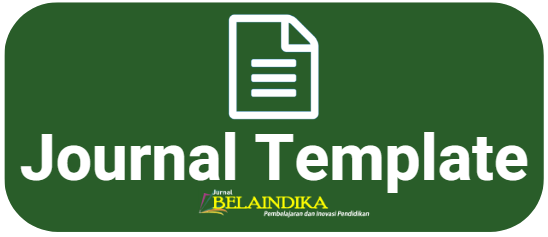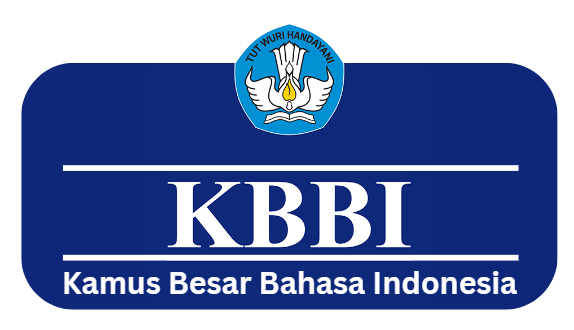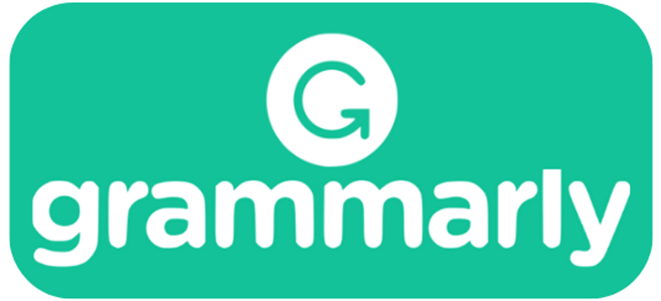The Indonesian Language Ability in Elementary School Teacher Education Students
Kemampuan Berbahasa Indonesia Pada Mahasiswa Pendidikan Guru Sekolah Dasar
Abstract
This article was written to provide information about the importance of prospective student teachers, especially elementary school teachers, having language skills. A teacher needs to read books that are useful as sources of teaching materials. On the same occasion, teachers also need to make notes regarding the content of the reading and perhaps on other occasions have to write teaching preparations, write reports, and perhaps write papers. Then, in teacher meetings, in class, and on various occasions you need to listen to conversations between other teachers, students, relations, etc. Of course, in certain contexts it is also necessary to convey thoughts, feelings, facts or other things by speaking. So it is clear that students as prospective teachers need to have adequate language skills in their activities as teachers and as members of society. By providing prospective elementary school teachers with the importance of having language skills, it is hoped that they can foster curiosity and responsibility to learn language skills and be able to apply them in everyday life both as part of teacher professionalism and in everyday life. This paper is limited to studying aspects of language skills, not linguistic studies.
References
Cahyani, H. D. 2017. “Kemampuan Bahasa Indonesia Di SD.” Bandung: UPI Press.
Damariswara, Rian. 2022. “Analisis Kemampuan Membaca Mahasiswa PGSD Dalam Pramenulis Artikel Ilmiah Mata Kuliah Bahasa Indonesia Keilmuan.” Semdikjar 5, 1005–17.
Desmirasari, Resa, and Yunisa Oktavia. 2022. “Pentingnya Bahasa Indonesia Di Perguruan Tinggi.” ALINEA : Jurnal Bahasa, Sastra Dan Pengajarannya 2 (1): 114–19. https://doi.org/10.58218/alinea.v2i1.172.
Halimatussakdiah, Halimatussakdiah, and Nurmayani Nurmayani. 2018. “Peningkatan Kemampuan Berbicara Dalam Mata Kuliah Keterampilan Berbahasa Indonesia Pada Mahasiswa Prodi Pgsd Fip Unimed.” Jurnal Guru Kita PGSD 2 (2): 132. https://doi.org/10.24114/jgk.v2i2.9446.
Nurjanah, Fajrin, and Qoni’ Atul Habibah. 2018. “Pengembangan Kemampuan Berbahasa Indonesia Siswa Sekolah Dasar Desa Terpencil.” FKIP E-PROCEEDING, 167–76. https://jurnal.unej.ac.id/index.php/fkip-epro/article/download/9122/6084.
Nusa, Silvester, and Wilhelmus Yape Kii. 2017. “Memahami Fenomena Lemahnya Keterampilan Berbahasa Mahasiswa Stkip Weetebula.” Jurnal Edukasi Sumba (JES) 1 (1): 1–14. https://doi.org/10.53395/jes.v1i1.6.
Sabaruddin, Raja. 2018. “PENGUASAAN MATERI PEMBELAJARAN KETERAMPILAN BERBAHASA INDONESIA MAHASISWA S1 PROGRAM STUDI PENDIDIKAN BAHASA DAN SASTRA INDONESIA FKIP UNIVERSITAS BENGKULU.” Jurnal Ilmiah Korpus 2 (April): 31–48.
Suroto. 1989. “Apresiasi Sastra Indoneia.”
Yasmin, Wahyuni, Mufarizuddin Mufarizuddin, and Ramdhan Witarsa. 2020. “Kajian Literatur Keterampilan Berbicara Dengan Menggunakan Model Explicit Instruction Peserta Didik Disekolah Dasar.” Jurnal Review Pendidikan Dan Pengajaran 3 (2): 249–54. https://doi.org/10.31004/jrpp.v3i2.1223
Copyright (c) 2024 Jurnal BELAINDIKA (Pembelajaran dan Inovasi Pendidikan)

This work is licensed under a Creative Commons Attribution-ShareAlike 4.0 International License.

_page-0001_-_Copy11.jpg)






